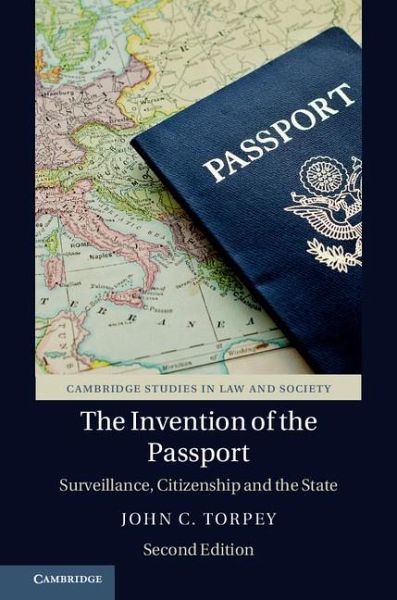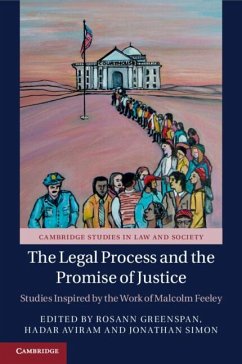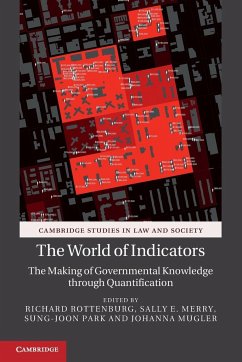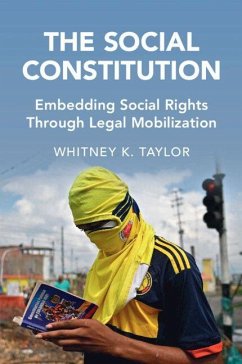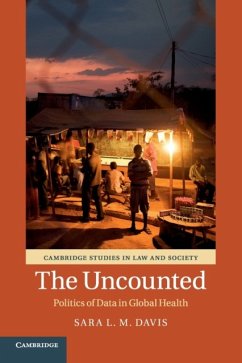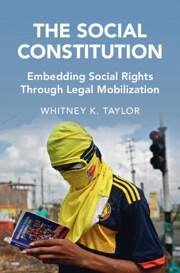John C. Torpey is Presidential Professor of Sociology and History and the Director of the Ralph Bunche Institute for International Studies at the Graduate Center, City University of New York. Before coming to the Graduate Center, he was an Associate Professor of Sociology at the University of British Columbia, Vancouver. Previously he was an Assistant Professor and the Chair of the International Studies Faculty Board at the University of California, Irvine. He has held fellowships from the National Endowment for the Humanities, the German Marshall Fund, the European University Institute (Florence), and the Center for European Studies at Harvard University, Massachusetts. His other publications include Intellectuals, Socialism and Dissent: The East German Opposition and its Legacy (1995), Documenting Individual Identity (2001, coedited with Jane Caplan), Making Whole What Has Been Smashed: On Reparations Politics (2006), Transformations of Warfare in the Modern World (2016, coedited with David Jacobson), and The Three Axial Ages: Moral, Material, Mental (2017), as well as numerous articles in such journals as Theory and Society, Journal of Modern History, Sociological Theory, and Genèses: Sciences sociales et histoire. In 2016-2017, he was President of the Eastern Sociological Society.
